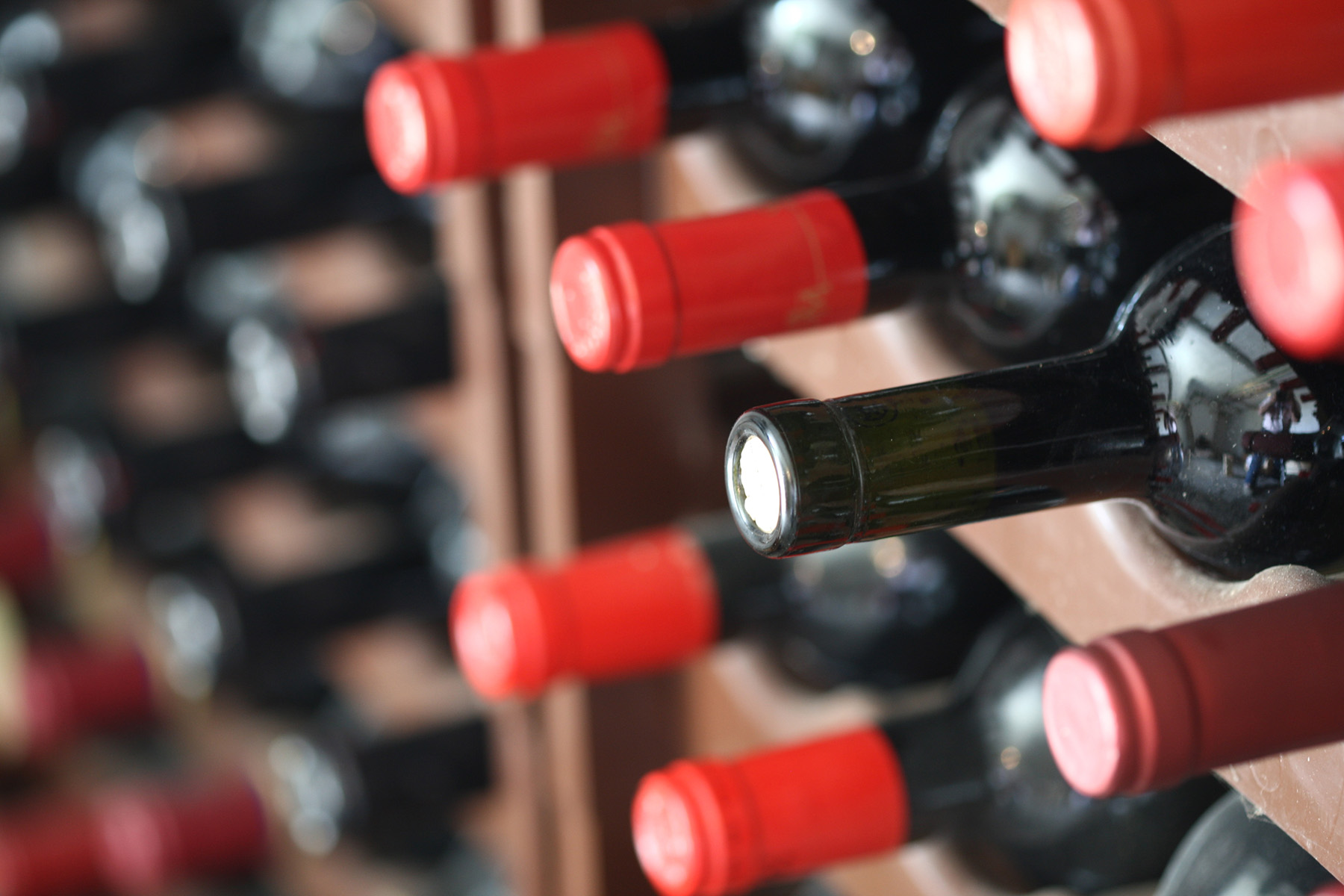Advice for Starting a Cellar

Starting a wine cellar of your own can fall into three catagories:
- Buying for investment, that is to keep the wines for period of time and hopefully your speculation will pay off as the wine can increase in value, in some cases exponentially.
- Buying a range of fine wines with the express intention of maturing them yourself to enjoy at a later date.
- Or simply putting together a balanced selection of wines to have at your disposal for you to enjoy or entertain.
In the first two instances it is best to spend as much as you can afford to purchase your wines as the better the wine, the longer it will last, and in general, the more potential profit there can be.
When developing a cellar for your own drinking it is best to think short, medium and long term.
Some wines will be there to drink over the next year or two, some maybe in five years time when they have had time to develop, and others for much longer and, in some instances, can almost be left to improve almost indefinitely.
As always with wine it is a purely personal subject, everyone has a different palate and likes different things. Selecting wines to your taste is essential obviously.
With a whole world of wine to choose from the possibilities are endless to make up a satisfactory selection.
For example, you may want to go with new world wines from Chile, Argentina or Australia where there are some exceptional wineries making great Carménère, Malbec and Shiraz at everything from entry level ‘juice’ to some truly world class level wines which have ageing potential.
Traditional areas like Bordeaux and Burgundy generally offer the best return on investment as the top wines are some of the most sought after and have added value when they are older.
Even at a starting level some small domaines from sources like the Rhône Valley or Ribera del Duero can make reds that will always benefit from a few years in bottle, quietly softening and developing to become more attractive, supple and generous in their nature as the tannins mature and combine more seamlessly with the fruit structure of the palate.
Many white wines also have the potential to develop well with a few years in bottle.
Some Chardonnay wines, particularly from Burgundy where they can have some richness from oak ageing, open up with several years in the cellar and take on a broader, more satisfying character.
The other thing to bear in mind with cellaring wine is to make sure the environment it is kept in is dark, a cool (although not overly cold) constant temperature and vibration free. These conditions allow wines to develop slowly and evenly. Fluctuations in temperature and movement can make wine a bit unpredictable.
Secondly, if the wine has a cork in it ensure the bottles are stored lying down to keep the cork moist. If the cork dries out it will shrink and not keep the bottle sealed well enough allowing oxidation of the wine and therefore spoilage.
Wine under screw-caps can also change with time although it is a slower process, these don’t really need to be laid down, but it can be more aesthetically pleasing to do so.
Lastly, take advice from knowledgeable sources, not all vintages of even the finest wines are consistent in their character and some years crop will mature for longer and reach a higher quality in the long run.